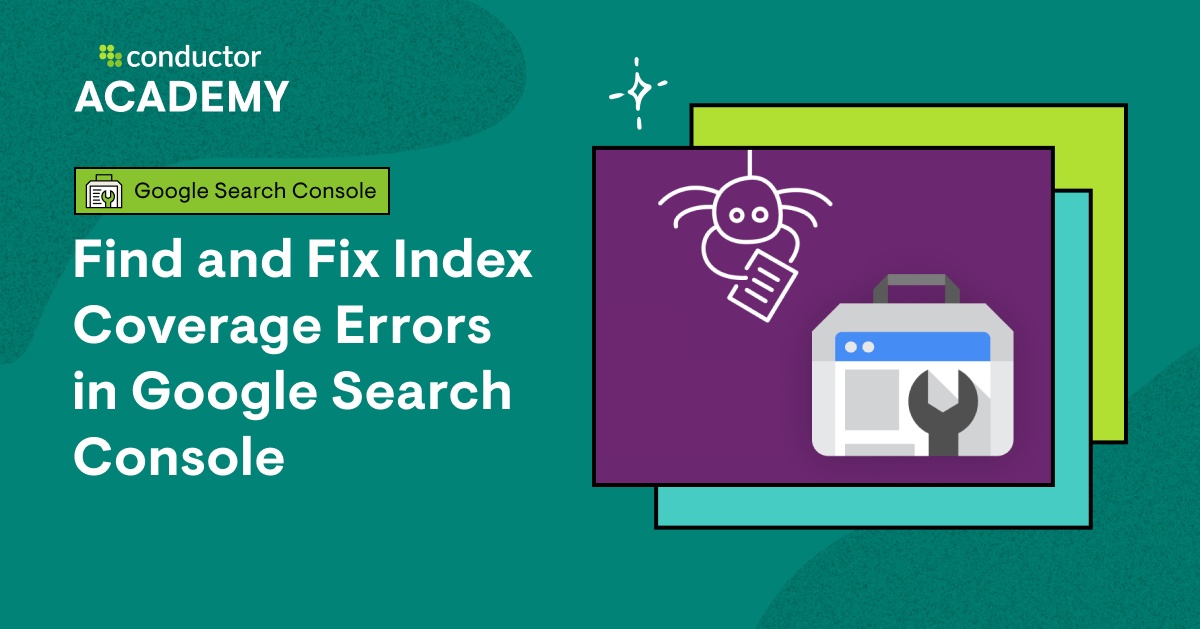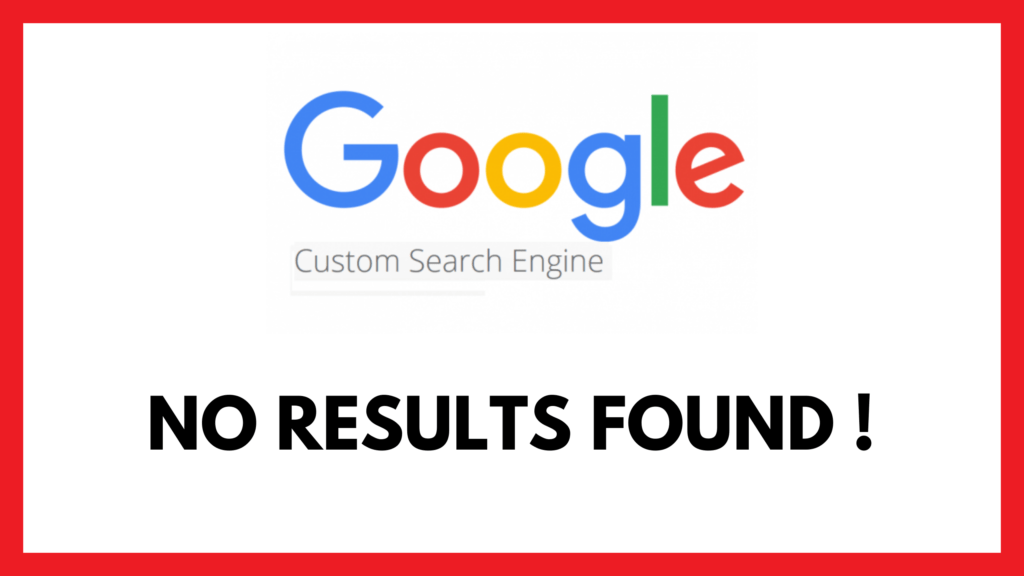Is your gateway to information suddenly a dead end? When Google Search falters, it's more than an inconvenience; it's a disruption to modern life, but fear not, the solutions are often simpler than you think.
The digital world has become so intertwined with Google Search that its hiccups can feel like a major roadblock. Whether the problem stems from a shaky network connection, quirky browser settings, or a temporary glitch on Google's end, understanding the root cause is the first step toward regaining your search superpowers. This article is your guide to diagnosing and resolving those frustrating moments when Google Search seems to be playing hide-and-seek.
| Information | |
|---|---|
| Name | Google Search Troubleshooting |
| Category | Technology, Information Retrieval |
| Purpose | To provide solutions for common issues when Google Search is not functioning correctly. |
| Common Issues | Disappearing search results, incorrect autocomplete suggestions, slow loading times, browser compatibility issues, campaign performance issues. |
| Troubleshooting Steps | Refining search terms, checking internet connection, clearing browser cache, disabling browser extensions, checking for malware, using specific keywords, checking Google Workspace status dashboard, using Google Search Console. |
| Tools | Google Search Console, Google Workspace Status Dashboard. |
| Reference | Google Workspace Status Dashboard |
Have you ever typed a query into Google, only to find that the results seem to vanish before your eyes? This disappearing act can be incredibly perplexing, but it often points to a few common culprits. One frequent offender is an unwanted browser extension. These seemingly harmless add-ons can sometimes interfere with Google's algorithms, filtering or altering your search results in unexpected ways. A more serious, though less common, cause could be malware lurking on your computer. Malicious software can wreak havoc on your system, including manipulating your search results to redirect you to harmful websites or bombard you with unwanted ads.
- Gorr The God Butcher Origin Powers Comics Villain Explained
- Jeff Ross Health Update Truth Behind The Rumors Find Out Now
Beyond vanishing results, Google Search can sometimes throw curveballs in the form of inaccurate autocomplete suggestions. Instead of predicting your intended query, it might offer bizarre or irrelevant terms, leading you down a rabbit hole of frustration. These glitches, while seemingly minor, can significantly hinder your search experience and potentially lead you to inaccurate or misleading information. Understanding these common issues is crucial for navigating the digital landscape effectively.
The frustration amplifies when Google Search fails to respond altogether, especially when you're racing against the clock on urgent tasks. A delayed response can cripple your productivity, turning even the simplest inquiries into monumental challenges. This dependency on instant information has made us acutely aware of even the slightest hiccups in Google's performance.
So, why is Google not showing search results? The reasons can be multifaceted, ranging from simple user errors to complex technical issues. One of the most common culprits is simply mistyped queries. A small typo can throw off Google's algorithms, leading to irrelevant or non-existent results. Another possibility is a problem with your internet connection. A weak or unstable connection can prevent Google from properly loading search results, leaving you staring at a blank page.
- Goodfellas Why Jimmy Conway Avoided Tommys Fate Explained
- Tokyo Tonis Net Worth Unveiling Her Wealth 20242025
Yet, for many users, the reality is a frustrating loop of dead ends, typos, and the hollow echo of empty search results. This isn't just a minor inconvenience; it's a fundamental challenge to the effectiveness of search engines and the very systems that govern the flow of information in our daily lives. When you can't rely on Google to provide accurate and timely results, it undermines the foundation of knowledge-seeking in the digital age.
When faced with incorrect search results, refining your search terms with specific keywords is often the key to unlocking the information you need. Instead of using broad, general terms, try to narrow down your query with precise language that reflects your specific intent. For example, instead of searching for "restaurants," try "Italian restaurants near downtown" to get more targeted results. Consider these tips to improve the accuracy of your searches:
- Use quotation marks: Enclose specific phrases in quotation marks to force Google to search for those exact words in that order.
- Use the minus sign: Exclude unwanted terms from your search by placing a minus sign (-) before the word you want to omit. For example, "jaguar -car" will search for the animal jaguar, excluding results about the car.
- Use "site:": Limit your search to a specific website by using the "site:" operator followed by the website's address. For example, "site:wikipedia.org history of Rome" will only show results from Wikipedia about the history of Rome.
If you're experiencing trouble accessing any Google product, including Search, there's a chance that Google is experiencing a temporary service outage. To check for such widespread issues, visit the Google Workspace Status Dashboard. This dashboard provides real-time information about the status of various Google services, allowing you to quickly determine if the problem lies with Google itself or with your own setup.
But, what if the issue isn't on Google's end? What if the problem lies within your own browser or computer? Fear not, the solutions are often within reach. Let's explore some common troubleshooting steps to get your search engine back on track.
Slow loading times can be a significant source of frustration when using Google Search. A sluggish connection can turn a quick search into an agonizing wait. First, make sure your internet connection is stable and has sufficient bandwidth. Run a speed test to check your download and upload speeds. If your connection is slow, try restarting your modem and router. Also, consider closing unnecessary browser tabs and applications that might be consuming bandwidth in the background.
Browser compatibility issues can also lead to problems with Google Search. Ensure that you are using a compatible and up-to-date browser. Outdated browsers may not fully support the latest web standards, leading to display issues, slow loading times, or even complete failures. Try clearing your browser's cache and cookies. Cached data can sometimes become corrupted, leading to unexpected behavior. Clearing your cache and cookies will force your browser to download fresh copies of the website's files, potentially resolving the issue.
In today's digital world, the frustration of Google Search not showing results is a common occurrence, but it is not insurmountable. By refining your search terms, checking your internet connection, clearing your browser cache, and disabling problematic browser extensions, you can effectively troubleshoot and resolve this issue. Remember, a little detective work can go a long way in restoring your access to the world's information.
If, after trying these basic troubleshooting steps, you're still facing problems, it may be time to delve deeper into your system. A potential cause could be malware. Run a comprehensive scan of your computer using a reputable antivirus program to detect and remove any malicious software that might be interfering with your search results. In addition, consider resetting your browser to its default settings. This will disable all extensions and clear any custom configurations that might be causing conflicts.
If, while troubleshooting, you find that a specific user account is experiencing search issues while others are not, further investigation into user permissions and content access may be necessary. In some cases, the user's account may have been inadvertently restricted or configured in a way that prevents them from accessing certain search results. Verify that the user has the necessary permissions to access the content they are searching for. If you are using a content management system or other platform, check the user's role and ensure that they have the appropriate level of access.
It may also be beneficial to check in with Google Search Console. This free tool provides valuable insights into how Google views your website and can help you identify and fix crawl errors. Crawl errors occur when Google's bots are unable to access certain pages on your site. These errors can prevent your content from being indexed properly, making it less likely to appear in search results. Google Search Console provides detailed information about crawl errors, including 404 errors (page not found) and other technical issues that might be hindering your site's visibility.
If you're unfamiliar with the term "crawl errors," it simply means that Google's bots couldn't access a requested page. This can happen for various reasons, such as broken links, server errors, or incorrect robots.txt configurations. Google Search Console will highlight these errors, allowing you to address them and improve your site's crawlability. By fixing crawl errors, you can ensure that your content is properly indexed and displayed in Google Search results.
Google Search Console tools and reports help you measure your site's search traffic and performance, fix issues, and make your site shine in Google Search results. Start now to optimize your content with search analytics. Search analytics provide data about the keywords people are using to find your site, the pages that are ranking well, and the click-through rates. This information can be invaluable for optimizing your content and improving your site's overall search performance.
Recommendations within Google Search Console can also highlight opportunities to improve performance when your campaign isn't running or gets low traffic. These recommendations can provide valuable insights into potential issues and suggest actionable steps to address them. For example, you might receive recommendations to improve your page speed, optimize your mobile experience, or add structured data markup to your content. By implementing these recommendations, you can enhance your site's visibility and attract more traffic from Google Search.
Common recommendation types to fix campaigns not running include:
- Campaign hasn't started or has ended
By leveraging the tips, tricks, and tools outlined in this article, you can effectively troubleshoot and resolve the frustrating issues that can sometimes plague Google Search. Remember to approach the problem systematically, starting with the simplest solutions and gradually moving to more complex ones. With a little patience and persistence, you can reclaim your smooth and efficient searching experience and unlock the full potential of Google Search.
- Movierulz Streaming What You Need To Know Guide
- Untold Story Judith Barsi Burt Reynolds All Dogs Go To Heaven

